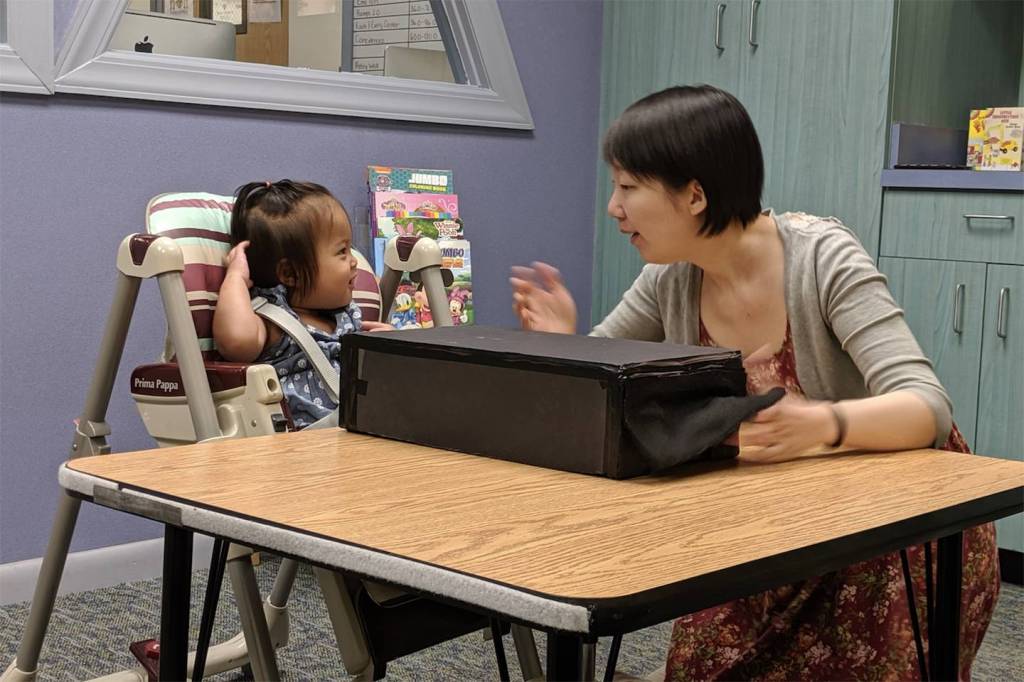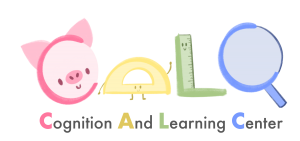Research
The Cognition and Learning Center studies how our mind works and how it develops, such as how we understand concepts like “red,” “friend,” and “42.” We are located in the Psychology Department at Rutgers University – New Brunswick. We are also affiliated with the Rutgers Center for Cognitive Science.

Intuitive and school math abilities
Math is often associated with school and instructions. Many people find it very difficult and unintuitive. However, children seem to have an intuitive sense for math long before they start formal schooling. For example, without counting, a child is able to tell that 10 cookies is more than 5. How does this intuitive “math sense” develop early in life, and how does it relate to children’s school math abilities? We combine computerized games with standardized testing to find out more about how children do math.

Memory and language learning
Like us, children can only remember a few things at a time. But as adults, we can use various tools to help us remember more, such as chunking, categorizing, counting, and taking notes. What kind of strategies can children use to help them remember more? How does the experience with language influence what children can remember? We design games such as this hide-and-seek game to find out answers to these questions.

Intuitive beliefs about the world
Children spontaneously form their own beliefs as they interact and experience the outside world. For example, children can easily understand how others think and feel. What are these beliefs like? How do they change as children grow? And how do changes in children’s beliefs impact their motivation and interests? We interview preschool and school-age children to find out what they think about physical objects, biological events, as well as the human mind.
Become a collaborator!
